Connect with us
Published
3 years agoon
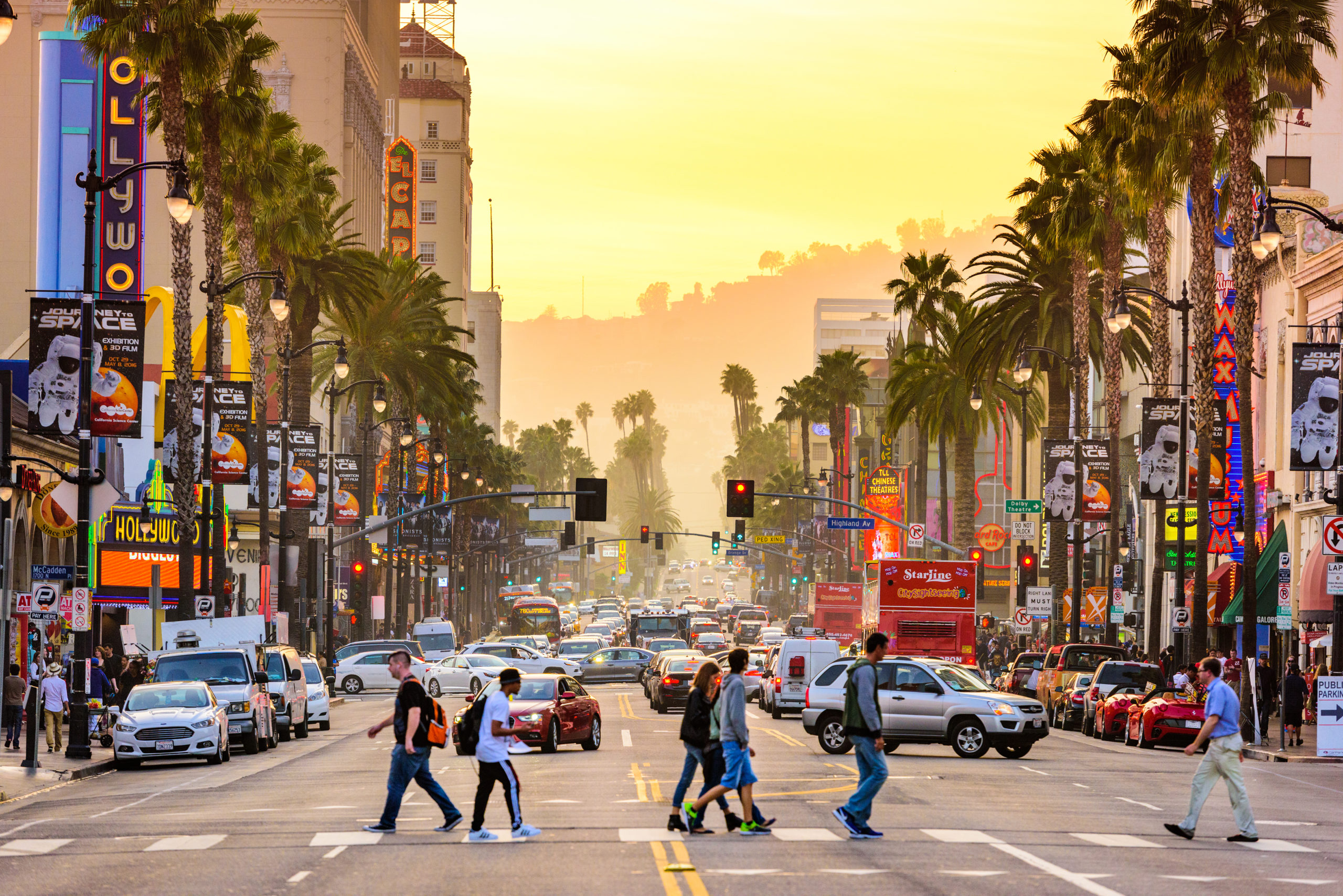
Following a lengthy application process dating back to September 2019 and an amendment to increase licensing for eligible businesses, three cannabis businesses were given temporary approval to open retail stores under Los Angeles’ cannabis social equity program.
The three retailers are among 200 total which were deemed eligible for the social equity retail licenses. The initial plan was to only issue 100 licenses, but it was increased to 200 after a settlement last summer around a lawsuit that sought to throw out the results from the licensing window in September 2019.
As of right now, there is not an easy estimate as to when the remaining, qualified 197 applicants will be able to open for business, if they will be able to open at all. The equity program has experienced a number of delays among lawsuits and complaints around mismanagement of the program.
The Artist Tree in Koreatown was one of the three businesses that opened its doors recently, receiving temporary approval from the city to operate in April, nearly 20 months after they first signed their lease.
The owners at The Artist Tree said they needed to contract consultants, security experts, architects and other professionals to get through the local and state application processes. It was an experience shared by other applicants, and not all of them had the industry experience and resources management at The Artist Tree had.
“This process has been so complicated and has taken so many resources,” The Artist Tree Co-founder Lauren Fontein told MJBiz Daily. “For someone with little to no industry background and hadn’t done this before, I can’t even imagine how they could ever figure it out and get it done.”
The Department of Cannabis Regulation (DCR) has indicated as of now, only 63 of the 200 total applicants have filed one or more documents for temporary approval of their retail permits.
Of those 63 businesses, 46 have uploaded the minimum number of documents that designates local compliance is underway, a prerequisite in applying for any state cannabis license. Of those 46 businesses, only 18 have passed the DCR inspection, which is one of the final requirements for approval, and another four are scheduled.
DCR Executive Director Cat Packer says they aim to have at least a quarter of the applicants pushed through the temporary approval process in the next few months. As of now, it is not clear what will happen to any of the 200 permit slots that go unfilled, but there are no firm deadlines for all 200 to file the required documentation, either.
There have been several assistance programs rolled out to push the process along, including a pro-bono legal assistance program, the Social Equity Entrepreneur Development (SEED) Grant Program, aimed to provide $6 million in assistance to verified social equity applicants, and DCR-hosted webinars to update and help navigate social equity stakeholders.
Many argue that this assistance comes too late, and that the entire process is cost-prohibitive for many of the eligible applicants.
“They want to be in the industry and don’t want to lose this opportunity, but they can’t afford to go through this process,” said Bonita Money, a social equity advocate who has helped secure permits for about 30 cannabis companies and assisted hundreds more. “They can’t spend years doing this.”
While the few businesses now operating under the social equity program give many hope for progress on the remaining applicants, the experience so far shows that the city still has a long way to go in ensuring the program is accessible for its many applicants to actually see the openings of their stores.
“Right now, I’m burning operating capital and money that should be used to hire people in my community who are in desperate need of employment after COVID,” said Gorilla CEO Kika Keith, also the co-founder of Los Angeles’ Social Equity Owners and Workers Association.
“Too many of us have been losing and spending money while waiting on unnecessary DCR delays. When will our concerns become a priority?”


Cresco Labs Workers Reportedly De-Unionize
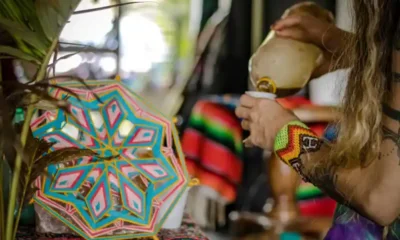

Arizona Church Reaches Settlement with DEA To Allow Sacramental Use of Ayahuasca
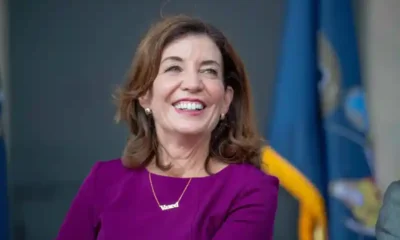

Gov. Kathy Hochul Honors New York’s 100th Adult-Use Retail Store Opening
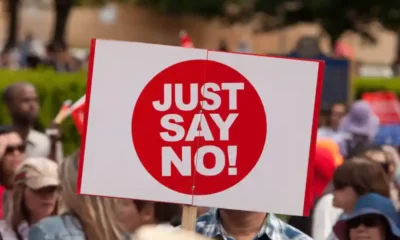

D.A.R.E. Officer of the Year Discusses Relative Using Medical Cannabis for Cancer
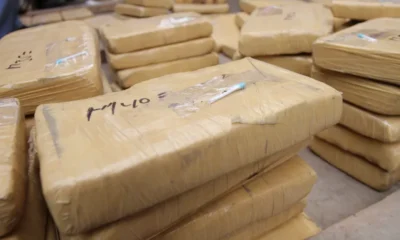

Sweden Authorities Seize 1.4 Tons of Cocaine, ‘One of the Biggest’ Seizures Ever
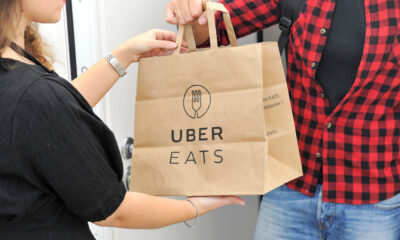

Uber Eats Shares ‘Dopest’ Cities With Most MJ Deliveries in British Columbia, Ontario
